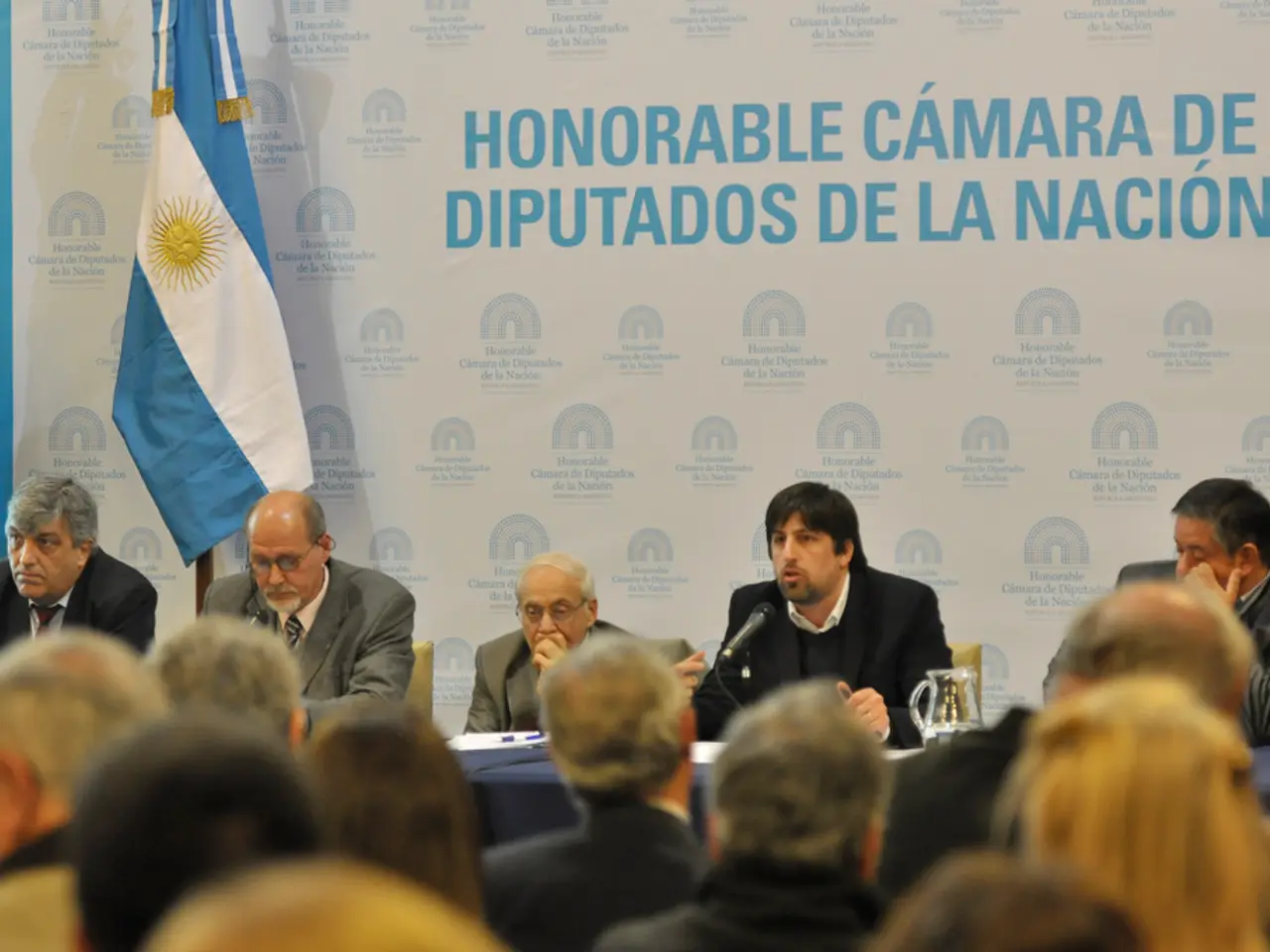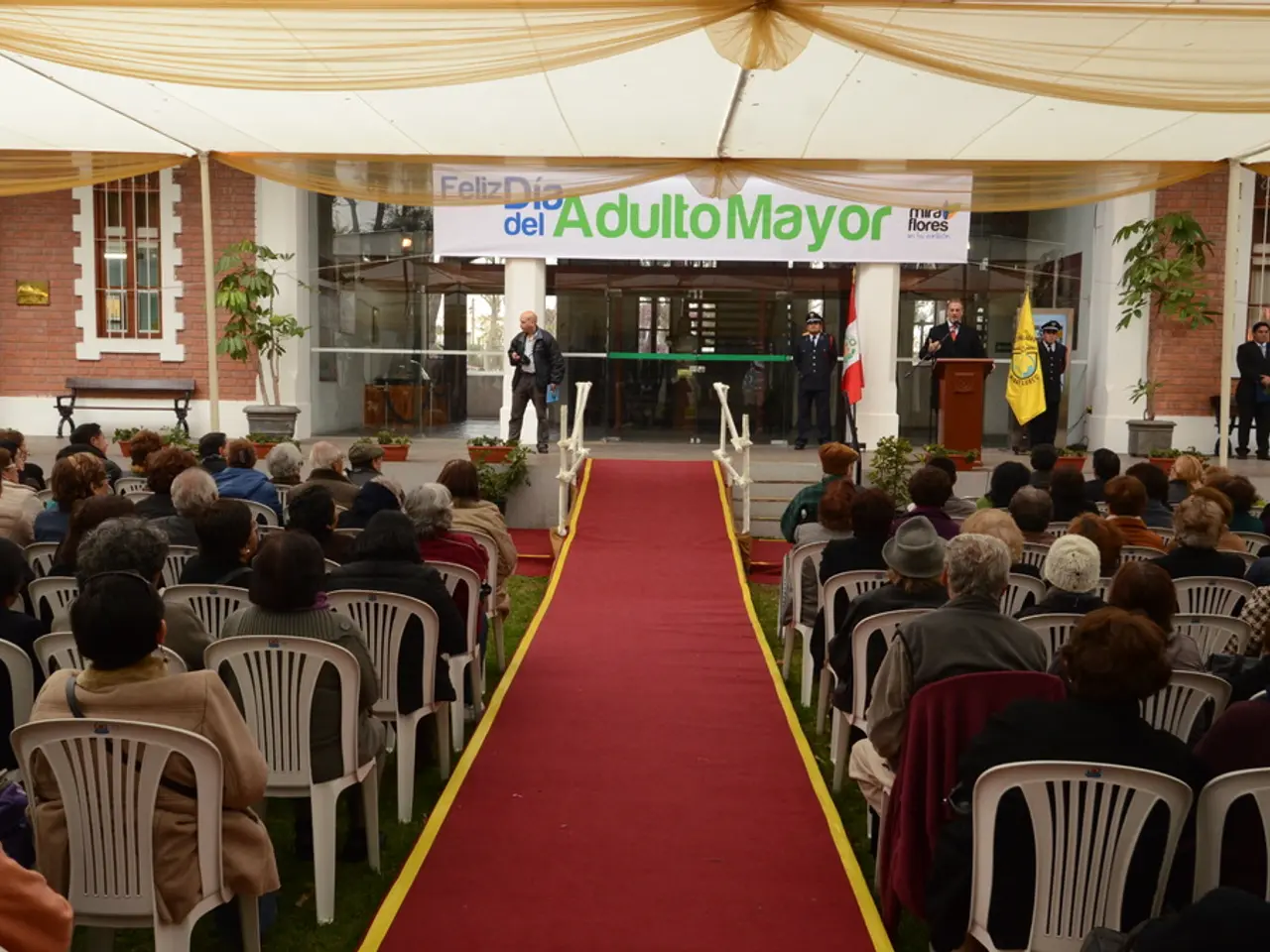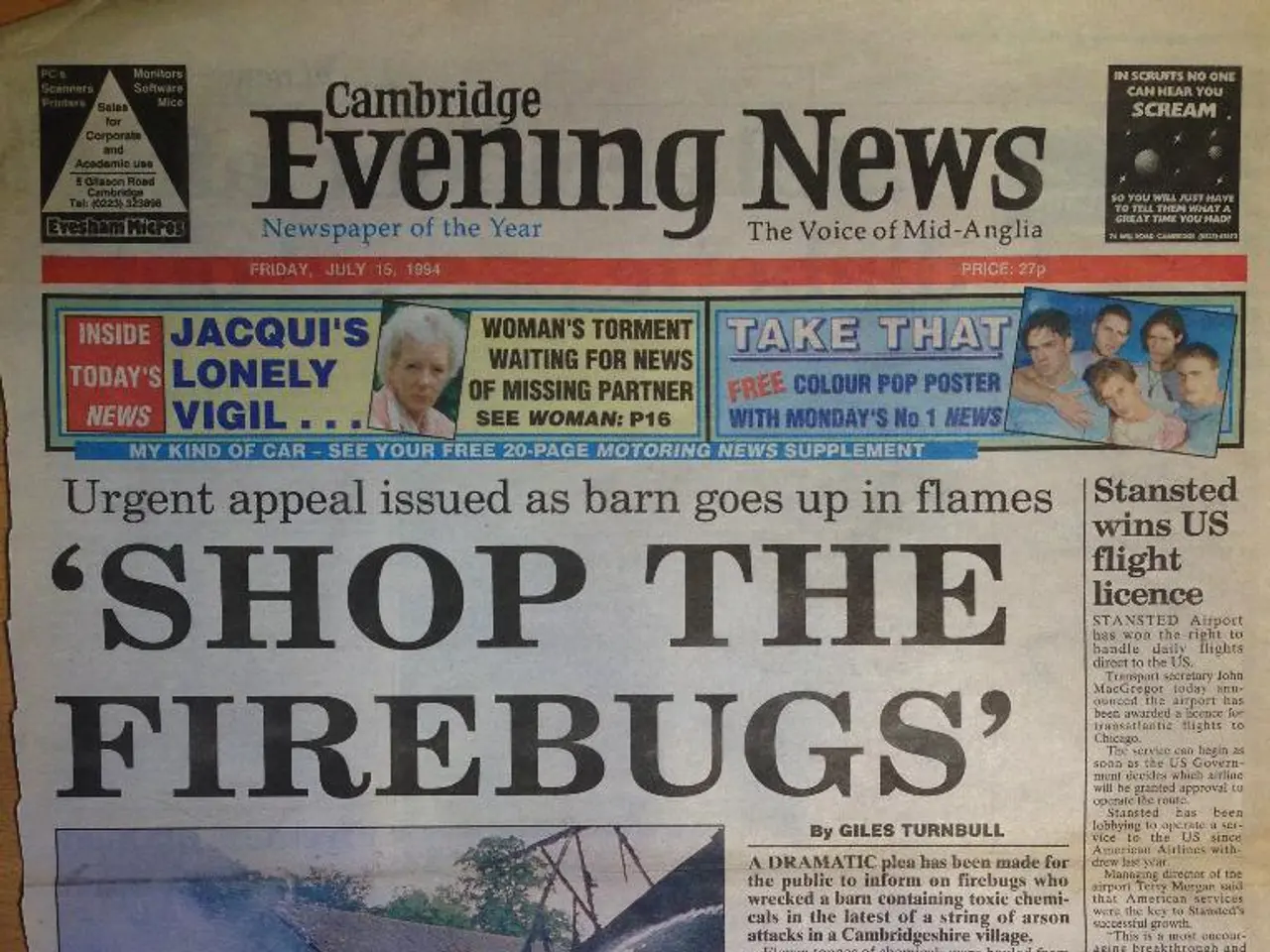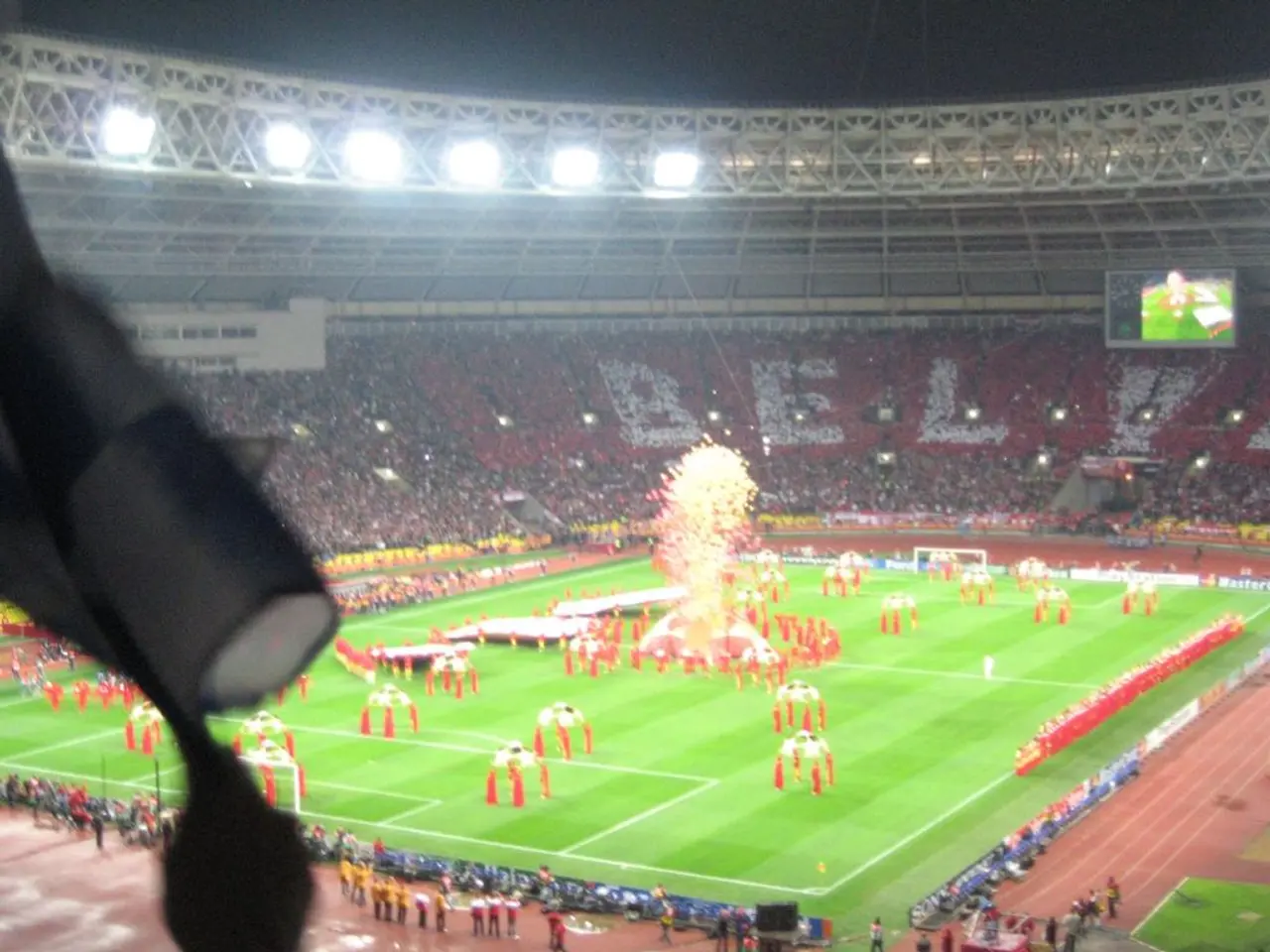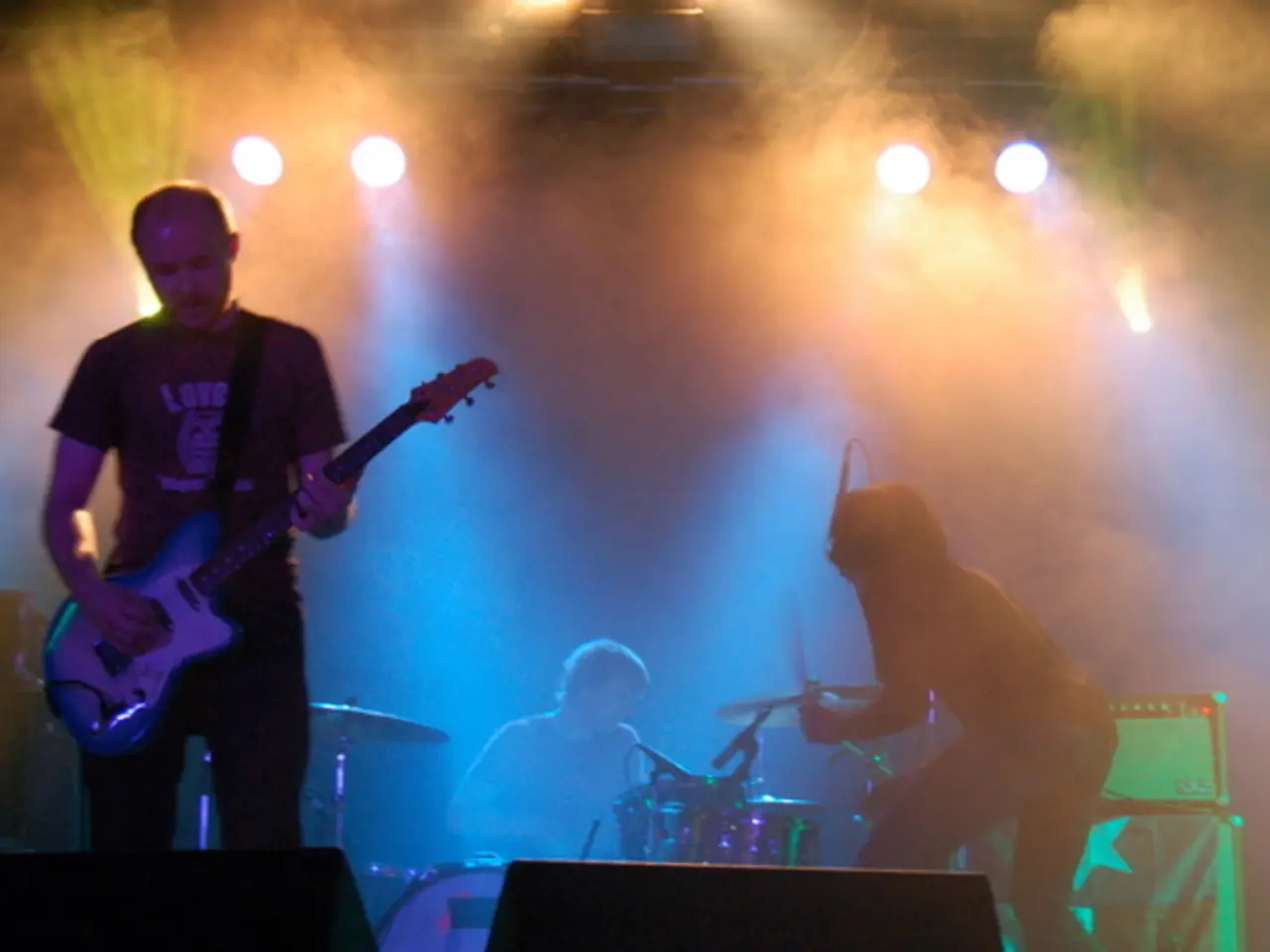Duque accusates significant discrepancies in Uribe's case and urges global intervention
In a historic ruling, former Colombian President Álvaro Uribe Vélez was convicted by Judge Sandra Liliana Heredia in 2025 for procedural fraud and witness tampering, marking the first criminal conviction of a former Colombian president. However, Uribe's defense, along with former President Iván Duque and signatories from allied political sectors such as the Democratic Center, have alleged multiple irregularities and procedural anomalies in the judicial process.
The case dates back to 2012 when Uribe initially denounced Senator Iván Cepeda, accusing him of presenting false testimonies about the emergence of paramilitarism in the Antioquia region. The trial, however, saw a dramatic twist as Uribe became the investigated one.
Key allegations of irregularities and procedural anomalies include:
- Political Interference and Lawfare: Uribe’s defense describes the trial as a “textbook example of lawfare,” suggesting that the judiciary was weaponized to persecute him for political reasons. The defense asserts undue political pressure influenced the court’s decisions from the outset.
- Lack of Jurisdiction and Procedural Flaws: The case was initiated legally by Uribe in 2012 against Senator Cepeda but later reversed, with the Supreme Court opening an investigation against Uribe despite having lost jurisdiction due to a 2018 constitutional amendment. His legal team argues that the court acted without proper standing, thereby undermining due process.
- Illegal Surveillance and Systematic Violations of Due Process: The defense claims illegal surveillance and other violations occurred, undermining the fairness of proceedings.
- Manipulated and Biased Trial: Conservative sectors and the Democratic Center party argue that ideological bias and left-wing influence skewed the trial, turning justice into a tool for political persecution against Uribe, who is seen as a primary figure in Colombia’s fight against terrorism.
- Judicial Delays and Strategic Tactics: There are allegations that the Attorney General’s Office and other judicial institutions engaged in irregularities, including attempts to limit evidence and protect Uribe selectively, complicating the process and possibly influencing outcomes.
These claims have led to appeals promised by Uribe's defense, and the case will be reviewed by higher courts. Former President Iván Duque, along with other signatories, has sent a communication to various organizations, requesting attention and action regarding the irregularities in the judicial process against Álvaro Uribe. They demand that the "fundamental, inter-American, and human right to due process and fair defense" be protected, international monitoring of the relevant process be activated, protective measures be imposed, and the Colombian state be requested to provide detailed information on the procedural standards applied and the corrective measures implemented.
Senator Iván Cepeda, who was initially accused by Uribe, was later considered a victim in the case. The legitimacy and impact of these allegations remain central to Colombian political and judicial discourse amid a divided public and contentious political climate.
What is the defense's argument regarding the trial of former Colombian President Álvaro Uribe Vélez, as outlined in the communication sent by former President Iván Duque? They demand that the case be reviewed by higher courts, protection of the "fundamental, inter-American, and human right to due process and fair defense", international monitoring of the relevant process, protective measures, detailed information on the procedural standards applied, and corrective measures implemented, citing irregularities and procedural anomalies, including political interference and lawfare, lack of jurisdiction, illegal surveillance, a biased trial, judicial delays, and strategic tactics.
Amid general news and political discussions centered around the Uribe trial, Senator Iván Cepeda, who was initially accused by Uribe, was later considered a victim in the case, raising questions about the legitimacy and impact of the allegations in the current Colombian political and judicial discourse.
